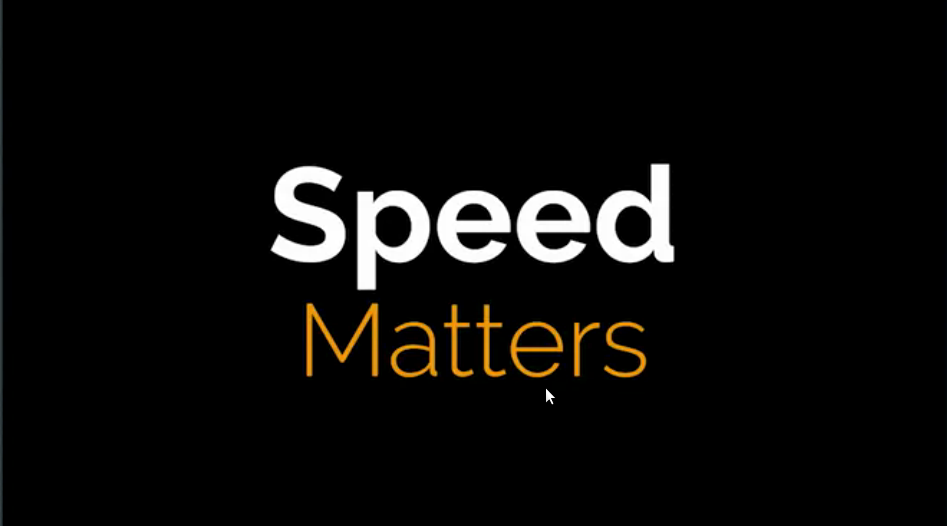The page load speed of your WordPress site is often a matter of concern if you are using several third party plugins. Sometimes a malfunctioning plugin or a multiple CSS layered theme could play havoc with the loading time. Since the load speed plays an important role in determining conversion rates and influencing user experience, your WordPress site needs to be optimized speed wise.
Apart from bringing in poor user experience and poor conversions, slow loading website also means trouble for its search engine rankings and inbound traffic. The page load speed is one of the many ranking factors that search engines like Google consider for deciding a page’s visibility on the ranking pages. Websites that load slow are prone to lose out on their inbound visitors, leading to high bounce rates and poor overall site performance.
In all fairness, a slow loading site can cost you loss of business and potential client leads, besides leaving a bad impression on the search engines.
Let’s cover few basics about boosting up your WordPress site’s page load speed.
Themes
Choose the most appropriate theme for your website and target audience, and always keep a look out for WordPress themes that are popular for their small load time in the market. Further, disruptive themes can sometimes make or break your WordPress installation, which is why you must maintain a backup of your present working theme. Opt for new theme options available in the market as they are usually laced with latest technologies and tend to have quicker load speeds as compared to their older counterparts.
Benchmarks
If you want to optimize your site’s page load speed, start by creating benchmarks. This will help you in understanding where you are at the moment and where should you be. Goals are important as they help you gauge your success/failure rate. If your current load time is above 7 seconds then you might want to start targeting 5 seconds first and then the universally favorable less than 3 second load time. Use Google’s Page Speed insights and understand where you are going wrong. WordPress site should have a minimum loading time between 2 and 3 seconds. That’s the benchmark people usually follow.
Plugins
WordPress sites with extraordinarily large number of plugins installed is more likely to face page load speed issues as compared to similar WordPress site with fewer plugins. Sometimes it is a malfunctioning plugin or faulty code and sometimes it is excessive number of plugins activated at the same time. You need to analyze and deduce which plugin is the culprit.
There are also situations when use of multiple plugins develops compatibility issues within the WordPress site. This problem needs to be addressed in a two-forth process. Enable / disable plugins one at a time and the use both at the same time. Compare the data anomalies and get rid of the guilty party.
Technical Tweaks
Web developers must use optimized code on the website that must be validated by W3C. Use a Content Delivery Network (CDN) that will not only boost the speed of website, but will also help in providing better user experience in situations when your website is attracting a lot of traffic . Many cloud based CDNs are available in the market, choose the one with good reviews and tech support. Also cut down on the number of dynamic PHP and Http calls as it gets easier to load one combined file rather than a number of separate small files. Empty cache on a regular basis.

